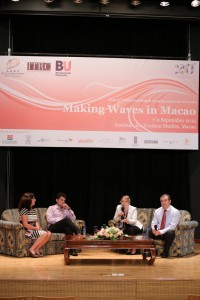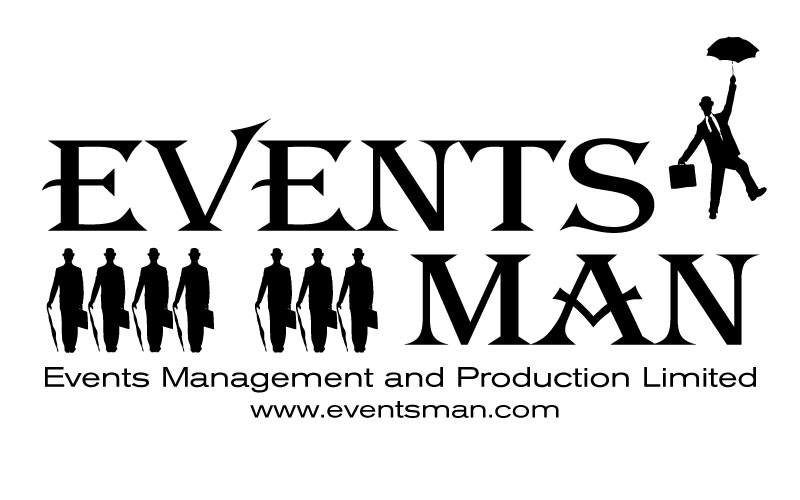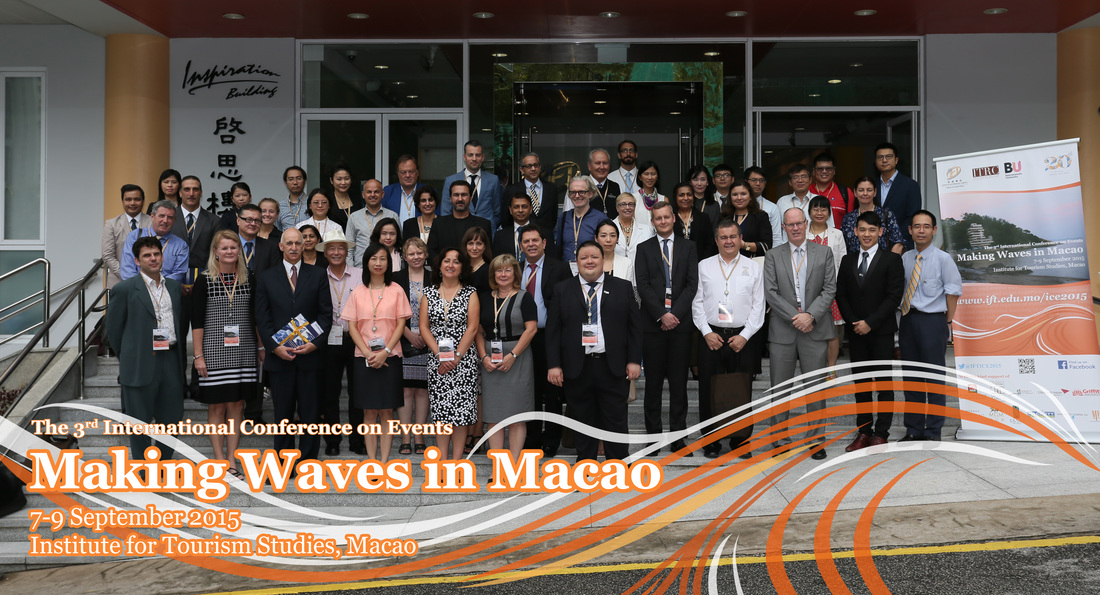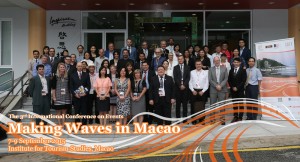In a previous post I reported on my experience at ICE2015… Here is another version looking at the current gap between academia and industry…
Dr Livingston I presume? In my search for knowledge over the years I have had the pleasure to speak and attend many event industry conferences. ICE2015 was my first academic conference. ICE2015 International Conference on Events, “Making Waves in Macau” was a three day event organized by IFT (Institute for Tourism Studies, Macau). As a representative of the industry I was asked to give one of the keynote speeches. I was told attendees were to be a mix of teachers, professors, students and industry people. I arrived at the conference armed with my business cards for the opening night networking session. As I introduced myself to attendees I quickly realized this conference was not the usual business first affair. Most everyone I met were doctors and professors of event management and tourism from institutions around the world. They were from top schools in event management, places like Bournemouth University (UK), The Australian Centre for Event Management, Edinburgh Napier University, Griffith University, Rosen College in Florida plus professors from Turkey, Seoul and Taiwan. Talk revolved around family, first time in Asia, wonderful Macau etc. I only exchanged one card that night with a student from IFT about to graduate and looking for an internship.
The first morning was familiar conference content with a presentation from the main sponsor Macau Government Tourism Bureau who highlighted the important role events play in marketing of the city to tourist, incentive groups and conferences. This was followed by a very interesting panel discussion from the managers of MGM, Venetian and Grand Hyatt Macau who talked about the future of Macau and their wishes for a better airport and the lack of hope in the upcoming bridge from Hong Kong. All the speakers stayed for lunch and made a hasty retreat in the afternoon leaving me as the only industry professional in a jungle of academics. Always the explorer I waded in to see what they had to say and I struck gold in the form of content I have never experienced at any industry ‘educational’ event.
Academic conferences are an opportunity for professors, masters and PHD students to deliver papers on their latest research get some feedback from their peers before submitting them to journals for publication. Some had been working for years to complete papers on the latest findings in the field of event and tourism management. Each paper tends to focus on one subject or a single aspect of a subject. As is traditional in academic conferences they were given only 15 minutes to deliver their findings and then a short question and answer period. One of the biggest struggles seems to be summing up years of research into 15 minutes, luckily the conference was small with plenty of time to mingle so if you found a topic you were interested in you could corner the expert who was always happy to share the knowledge in depth.
Most of the industry conferences I have attended the lectures tend to be from successful event entrepreneurs telling their story and showing their portfolio. Though inspirational they tend to be thin on real content. The ICE2015 conference was overflowing with actionable and useable knowledge for seasoned event professionals. Some of topics and papers presented were for the academia like the workshop on “Future Implications for Event Managers in University Undergraduate Programs” delivered by Arend Hardorff and Dr. Marisa DeBrito of the University of Applied Sciences Netherlands. But for the working professionals talks like Dr. Hilary Du Cros’s “Fresh Art: Maintaining The Sustainable Creative Advantage of Repeatable Arts Events” brought great insight into how to keep those yearly events fresh and full of vitality. Case studies such as the evaluation of Aberdeen’s unsuccessful bid to become the UK ‘City of Culture 2017’, Insights from 25 years of the Mt. Kinabalu International Climbathon brought insight into the marketing and creation of events for destinations. Practical specific studies such as ‘The Workings of Safety Advisory Groups for Two Major International Events’ provided in depth knowledge into the inner workings of world class event management.
As an event designer I was intrigued with talks on motivation and experience. Miguel Moital and Amy Bain presented some interesting findings on “Emotional Reactions to The Consumption of Prestige in Events” while Dr. Caroline Jackson presented ‘The Lived Experience of Popular Music Festival-Goer” and Professor Vern Biaett of Highpoint University in the US. Explained his work ‘The Emergence Of Organic Festivity Theory’.
I was marvelously inspired with big thoughts and deep insight. I was thankful for the quality of minds brought together in this one place and I wanted to figure out how to share this knowledge with the world. Armed with my discovery of the fountain of wisdom I set about investigating why most industry conferences pale in comparison to this academic one.
Sadly this cutting edge knowledge is not readily available to the industry for several reasons. First in the academic world you must publish your findings in journals to be relevant. The journals use an algorithmic software that searches for plagiarism by searching the net for similar word strings and gives each paper a ‘score’. If you score too high your paper is rejected. Often researchers will look at the same topic from different angles and write separate papers on different topics quoting themselves from previous research and sometimes result in a score too high to publish. If the research gets quoted too many times in too many locations it can result in too high of a score making publishing further findings more difficult. Another reason is we in the industry get so wrapped up in the business of events we forget the value of education. In a candid discussion with one professor who’s university had sent him to IMEX, he vowed never to go back to an industry conference again. “Everyone just wanted my business card, then when they saw I was from a university and couldn’t do business with them they were not interested in talking”.
In the future I hope we see more crossover with academia. There is a wealth of treasure in the education they are happy to share. In the meantime I have discovered a secret goldmine and a wealth of information from my new friends.


